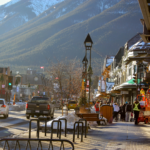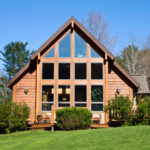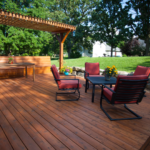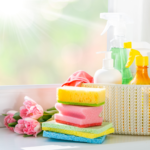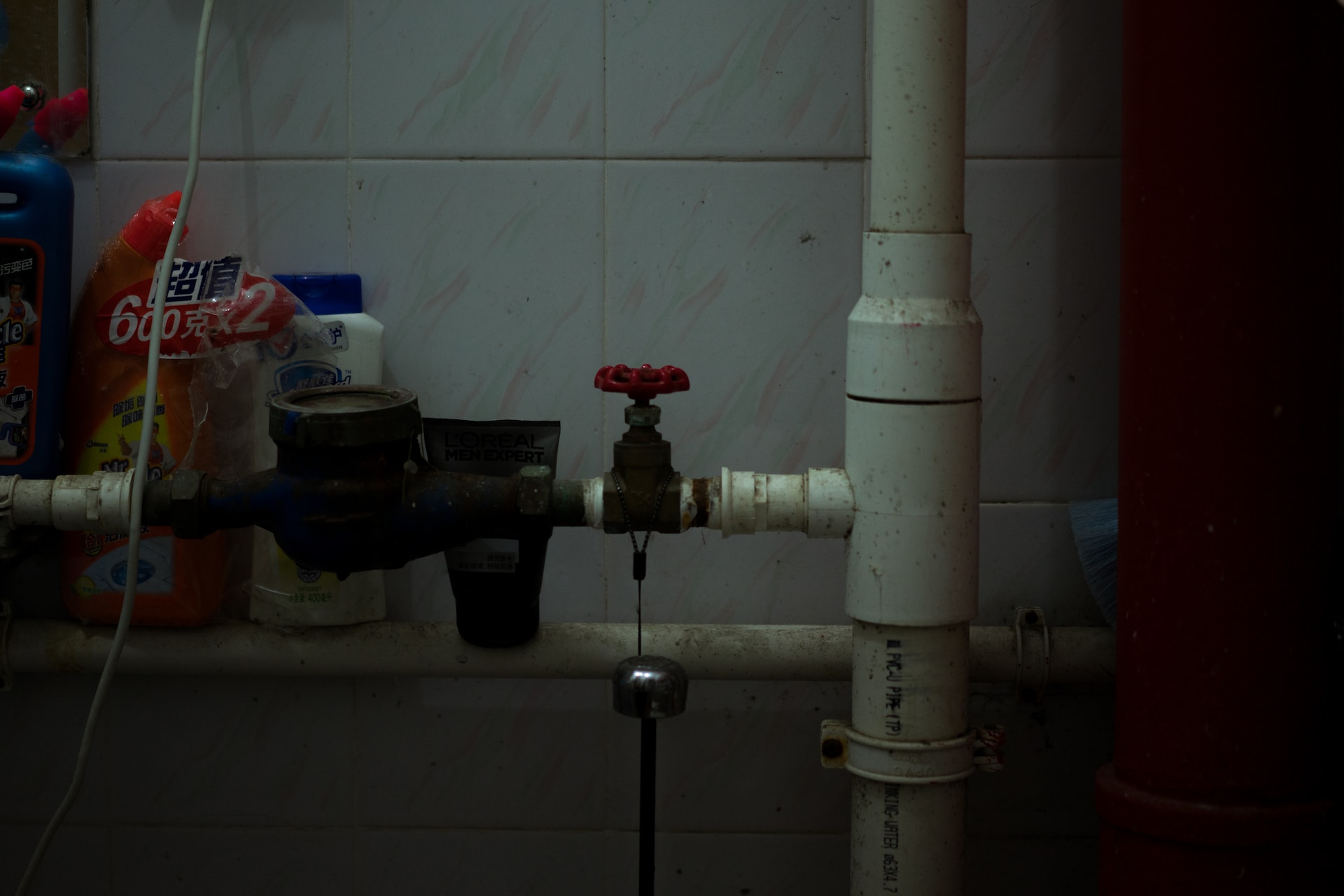You know a calm home can ease daily stress, but no matter what you do, your home could still cause stress even if you’ve strived to make it perfect. This is because accidents and disasters can strike without warning, so it’s important to know what to do to keep you and your family safe and minimize damage to your home. With floods caused either by a burst pipe or extreme weather, you have to act fast to minimize any issues. Here are four things to do after your home gets flooded.
Contact Your Insurance Company
The first thing you’ll need to do when your home gets flooded is contact your insurance company. While they may not be able to do much initially, you can at least get it on record that your home is flooded. If you’re not sure about your policy, check that you have flood insurance included in your coverage to ensure you can get support for most (if not all) of the damage caused by the flood. Some policies cover all flooding, whereas others will only cover burst pipes rather than natural disasters, so confirm this as soon as possible.
Switch Off the Electricity, Gas, and Water
It should be no surprise that water and electricity don’t mix. Therefore, you should switch off your electricity as soon as you can to ensure your home is safe and avoid further problems. If you’re not sure where to begin, this guide on using gas and electricity safely can help you avoid serious injury and keep your family from dangerous situations.
You should also identify where the gas and water taps are and switch them off, but only if it is safe. By switching the water off, you could minimize further damage if the flood has been caused by a burst or leaking pipe. If this is the case, it is easier to manage the flood water and protect your home from further damage.
Hire Emergency Water Removal
While you may feel like you can tackle the problem yourself, there is always the risk that unseen hazards lurk in the flood water. Therefore, you are better off hiring a basement sewer clean up company to handle the messy business. These companies have the right equipment and protective gear to keep them safe, while you may only have a pair of rain boots and washing-up gloves, which aren’t sufficient.
Find Somewhere Else to Stay If Necessary
Even small floods and leaks can wreak havoc on your home, so you may need to find somewhere else to stay if necessary. This gets you out of the house to ensure you and your family don’t experience further issues or injuries and also gives the cleaning crew the chance to work on your home unimpeded. Check with friends, relatives, and local hotels to see if they can put you up for the night.
Flooded
A flooded home may seem like a disaster, but you can minimize the severity as long as you act quickly. These tips can help you feel more prepared for any disasters to ensure you can protect your home and your belongings while also remaining safe.


